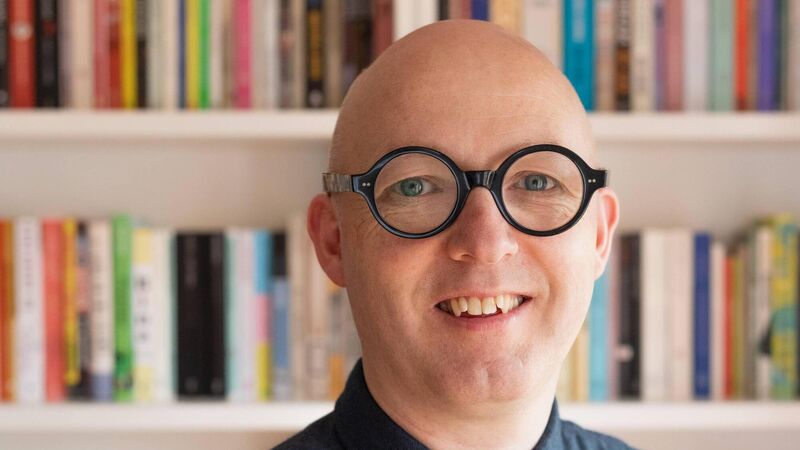Suzanne Harrington: BBC's Leonard and Hungry Paul is an ode to being yourself

Ronan Hession. Picture: Ger Holland
Watching the BBC adaptation of Ronan Hession’s 2019 debut novel, , almost makes me cry — in a good way.
It’s about quiet, kind men living quiet, kind lives, quietly revelling in everyday ordinariness: The joy of breakfast, of cups of tea, of board games, of quiet conversation, or of sitting in silence.






